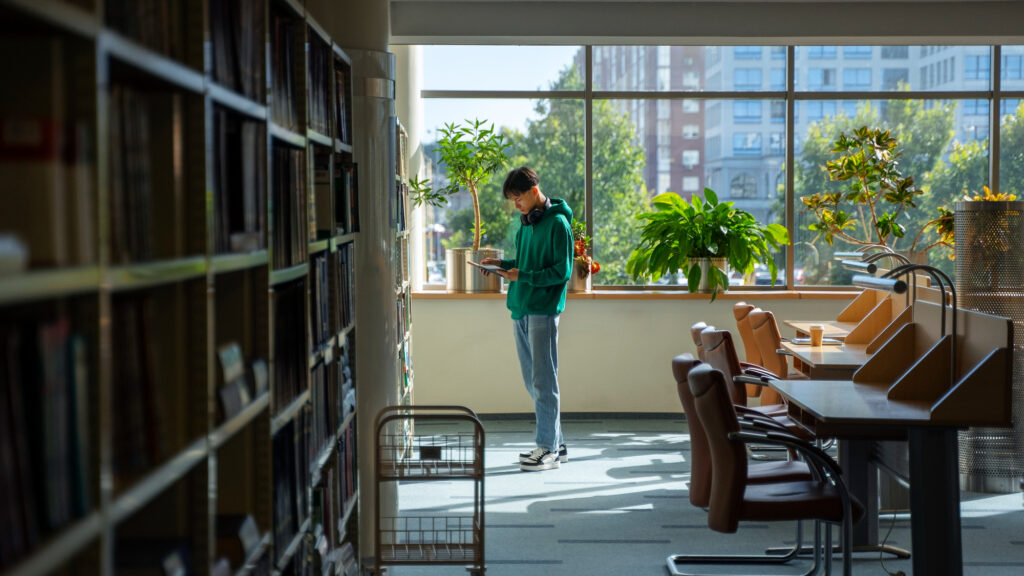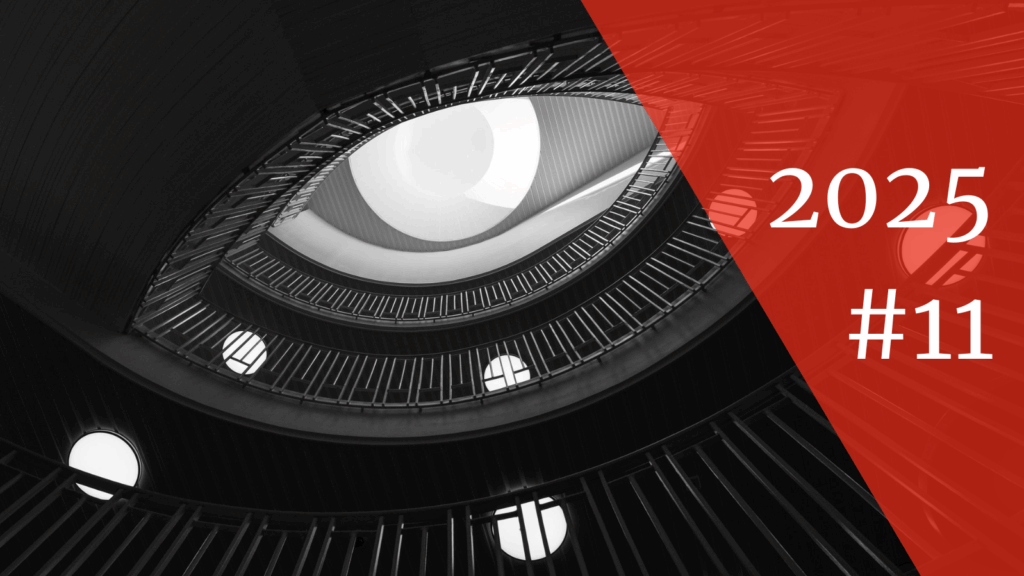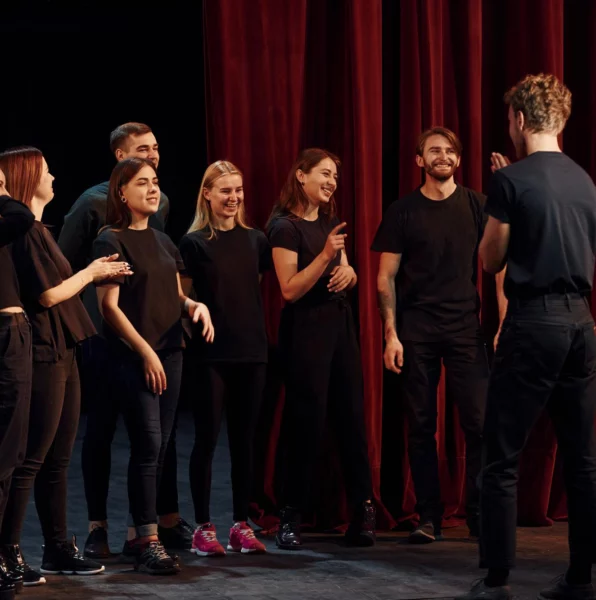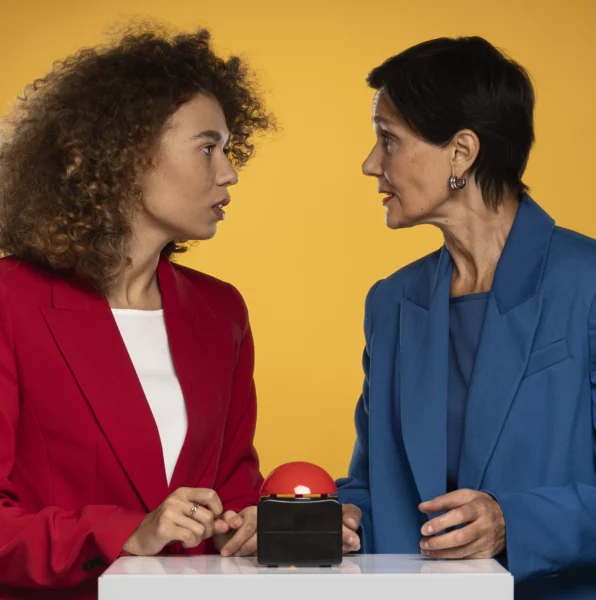With the emergence of international agreements to mitigate climate change, the vocabulary of political communication changed. In the interview Maria Cecilia Oliveira talks about the danger of reproducing colonial language and about her self-image as a researcher and as an artist.
„To understand a territory like the Amazon I need to listen“
Mrs. Oliveira, in your research for the Institute for Advanced Sustainability Studies in Potsdam you focus on the Amazon. Which role does this region play in the international discourse on climate change?
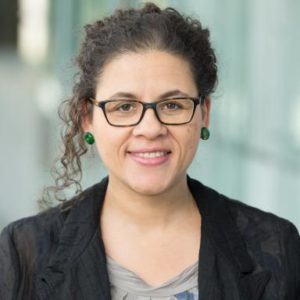
In Brazil I did research on development and security issues but then I shifted to sustainable development and the climate agenda. My first research project in Germany focused on the implementation of the Paris Agreement. One of my case studies was Brazil and I was trying to understand how this specific country was implementing the agreement. Then I realized that if Brazil really followed through with what they have pledged for the Paris Agreement, one of the biggest problems for the country would be the Amazon. Because this is the main area where the country emits carbon dioxide resultant of activities as extractivism, agrobusiness and deforestation. Now with the emergence of a global framework that aims at mitigating global climate change – the climate change regime – a new role is assigned to the Amazon. My opinion is that not just the Amazon but also other territories that are considered core to this global agenda to mitigate climate change like the oceans or the Arctics are starting to play a central political role. There is not anymore just the divide between the Global South and Global North. Now we have specific territories that are playing a crucial role in planetary politics. They are becoming what I call planetary transterritorialities. That is the case with the Amazon region.
How does environmental communication change with this new international role of the climate agenda?
When I studied international relations in Brazil, I could see the influence for example of the term “sustainable development” which was created in the end of the 80s. Afterwards the United Nations Millennium Development Goals gained importance. At the beginning of 2000 most of the international vocabulary for development was linked to a security aesthetics like human security, food security or development security. But now we have many new words connected to climate, like climate finance or climate futures. Climate is transforming all these different agendas but also imaginaries. We want to create a rupture with the old language of progress based for example on fossil fuels. But sometimes we are captured by the avalanche of new concepts so that we don not have time to reflect on them. And we risk reproducing old Western patterns without experimentation with language.
In a blog post you explained this phenomenon by using the example of the term “Saving the Amazon“. Why do you criticize this expression?
The Amazon was “discovered” by the Spanish. It is curious to read the reports of their missions. They were asking permission to “pacify” the amazons referring to the ancient Greek mythology of women warriors whose territory they want to “conquer”. They named the river and the region after the amazons. And the name is still there. It is a Greek and not an indigenous expression which still reconfigures the old idea of the colonizers and their attempt to ”pacify” that territory based on the Christian mission of “saving” the people. That is why today when I hear “Saving the Amazon” it makes me think of the colonial sediment that is tough to get rid of. Because what is the Amazon? It is not an object, it is a diverse and complex territory, nature of humans and no humans – that we are talking about. So when you talk about “Saving the Amazon” there is still residues of this colonial mentality that prevents us from understanding the permanent struggles of the communities there and their political history which is diverse. When we say “Save the Amazon” we are eliminating the differences and singularities that are fundamental to decolonize this place, our imaginaries and any future “saviours”.
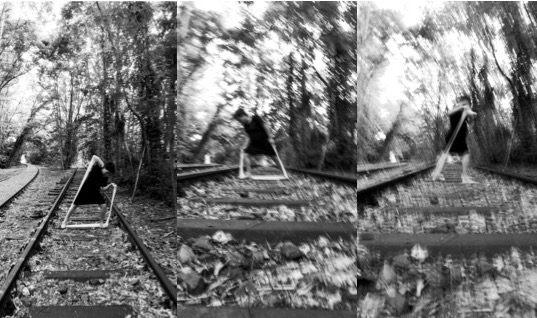
How can we avoid using colonial and Western terminology in climate change communication?
I am glad today there are many attempts to reflect on that question. When I was a student we were reading American or European writers most of the time. Today we have a multiplicity of indigenous or traditional communities’ authors, artists and educators coming from different regions of the world and cultural backgrounds. They can challenge our universalities and epistemological certainty. In my opinion these encounters make us think and make us navigate into different perspectives. It is important to bring other ways of reflection to scientific knowledge. To understand a territory like the Amazon I need to listen to what the local communities have to say. I cannot talk in name of the people living there. But I can at least try to understand what realities and violences they face – in order to create bridges so that maybe they can raise their voices more strongly. It is important to twist the role of the intellectuals and to make them research something that is related to life and not only to conferences, peer-reviewed papers or academia.
What is your current research about?
At IASS I lead the research group “Democratic Governance for Ecopolitical Transformations”. Our research aims to understand what happens when the planet Earth becomes the arena and center of politics – Ecopolitics. How power relations are transformed when the horizon of government shifts from populations to the planetary conditions of life. Today, our present and future pursue planetary domains connecting transformations in our society tied to natural and social sciences. It is not reduced anymore to just Westphalian idea of different countries but is interconnected through Ecopolitics. The Amazon is an example to show the interconnectivity of the planetary. We try to understand these new arenas with contextualized case studies and themes as populism, environmental justice or climate change. My habilitation is about analyzing the governance of the Amazon since the emergence of the climate change regime. What are the transformations in this territory that are now also echoing in different parts of the planet?
You are combining scientific research and art. How does that work?
When I research, I try to blur expected boundaries, make the familiar a point of questioning. I want to do it because I want my writing transforming something – for the outside but for myself as well. The question is how we can create new spaces for a new language? I think that art really has the ability of subverting language and communication and also our perceptions of aesthetics. And I do not see why art should be separated from my academic work. They are intrinsically connected. Many artists have a specific political sensibility and openness for experimentation which is challenging to find in an academic environment. That is why I try to connect with them. In the case of the Amazon, I am impressed by artists like Claudia Andujar who is 90 years old and has been working in the region since the 70s. She is not a famous photographer outside the national art circuit. Even in Brazil she has been discovered recently by the broad audience. During the military dictatorship she showed with her artwork that the Amazon was populated. Because the message from the government was that the Amazon was a demographic vacuum. Omitting the oppressive take of the Amazon development programs during the civil-military dictatorship. I asked her to use some of her pictures for my blog posts because that is exactly these unique political images of the Amazon, I wanted to make visible.
Which artistic methods do you use?
Filming for example. Right now I finalized a documentary prototype called Yatun Yaku – Amazon of rights. I compare the constitutional rights of the Amazon river in Ecuador, Columbia, Brazil and Peru. It was remarkable to make this documentary during the pandemic. Because I could not travel to the Amazon, I could not meet people in person. But I could see the impact of the pandemic in our lives, and the impact of environmental destruction on theirs. By zoom, I interviewed not only professors but also social movement leaders on the impact of environmental justice in their homes. Marcia Kambemba, for instance, indigenous representative in Brazil, reinforced that when the contamination of the river happens, there is no remedy, because the physicality of the river is an extension of her life, her own nature. It is not a metaphor. The movie was made for the Science Po Intensive Doctoral Week and it was a way to bring to PhD students a different view not only on rights but also on fights that people living there are facing. Filming is one of the methods where I can bring in this openness of a new vocabulary, as with dance and performances as well.
At the last Forum Wissenschaftskommunikation you presented a performance project on the Amazon. What was it about?
That project started when I wrote a text about the Amazon after COP 24 in Katowice. Jair Bolsonaro, the right-wing candidate, won the election in Brazil. How would that impact not just the Amazon but climate change policies in Brazil? To reflect that question, I wanted to create an aesthetic experimentation to bring together different ideas of the Amazon. I invited a professor on performance studies, Michelle Schiocchete and Cristiano Meirelles, a theatre director. I wanted to work with the German word „Landschaft“ that Alexander von Humboldt used when he visited the Amazon. His attempt was to describe exactly the “exotic” environment he was in. So, he drew territories that he visited to give a “realistic” idea of the climate, the vegetation and the animals. I decided to use this as a method to contest truth regimes about the Amazon and created three „Landschaften“: One for exploring political dynamics of the colonial period between end of 19th and the beginning of the 20th century. The second would look at the dictatorship in Brazil in the 70s and questions how the regime governed the Amazon and created the idea of a prosperous territory for development. The third focused on the relation between democracy and the climate change regime. We created those „Landschaften“ with performances, photography and filming in order to problematize the visibility of each Landschaft. If you want to understand the current situation of the Amazon you need to understand the critical political history.
What does engaging in science communication mean to you?
In my work communication happens not just with blog posts but also with artistic interventions. With all the hybrid events in the pandemic we now have the possibility to connect with people around the world not just to present an artwork but also to talk about it. Science communication is fundamental to bring questions to the large public that otherwise would have been condensed in specific domains. At the moment we are also working on a podcast series called “Carbon Critique” planned to be launched online in January 2022.
To me writing is also resistance. Even if I write a peer-reviewed article this might change something. My writing or my filmmaking or my photography produce something like an awareness for special topics. The intellectual work should be connected with life otherwise it would not transform anything.
It looks like there is a close connection between activism and science to you?
As a child and as a teenager I could see social inequalities in my everyday life but also a lot of workers mobilizations and strikes. I developed the desire to make things different – for myself and for my surrounding. My goal is to transform the present instead of thinking about a utopian place. More than an activist I think I am a militant. Because being a militant is not to be reduced to identity politics but inspired by other’s struggles like the fight of the Mapuche in Chile to preserve their own autonomy. There is an urgency to act – not only in that case. That is why I think being a militant and being resistant against oppression is connected to my work as a researcher.


